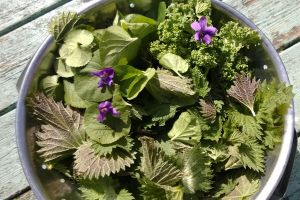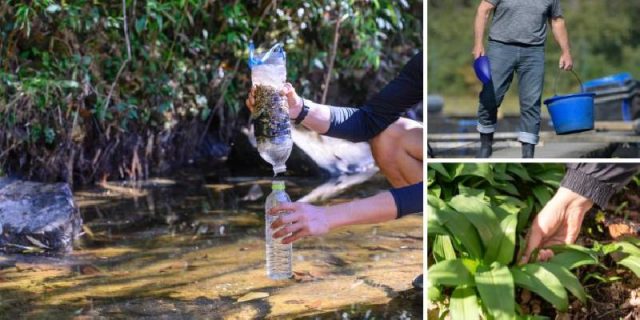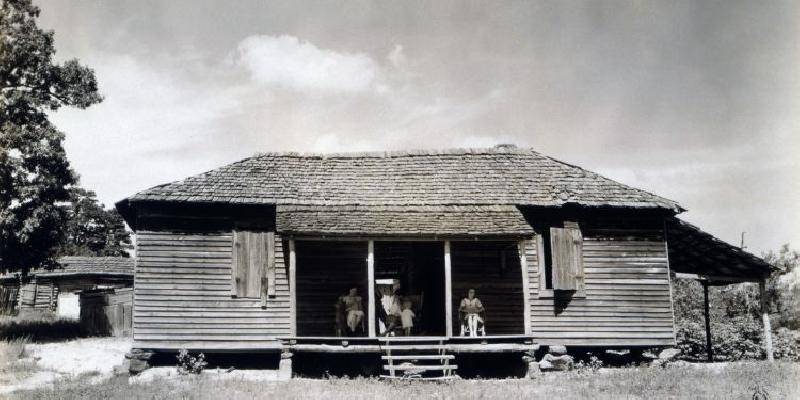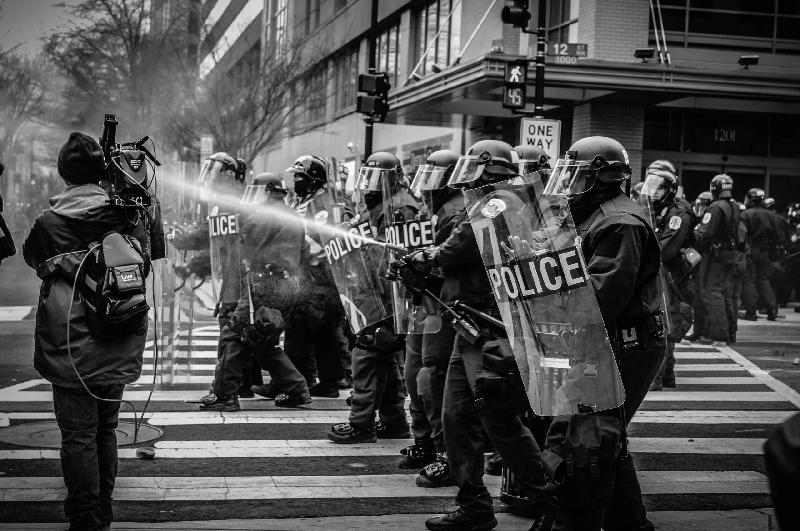SHTF situations can stem from a wide range of events, such as natural disasters, economic collapse, or nuclear war. Immediately after SHTF is the survival phase before stabilization and rebuilding occur.
This is the most dangerous phase, where primary needs are the focus, and living may be day-to-day. The skills most needed for this phase are those geared toward the necessities of food, water, and shelter, and it is important to remember that you may not be in a traditional wilderness survival situation. Urban survival skills are just as valuable.
Going after all your needs alone will make it much more difficult to move out of the survival phase and into the stabilization phase. Having in-demand skills that you can trade will make it easier for you to focus on what you are good at and trade for everything else you need.
Water Procurement and Purification
In best-case scenarios, humans can live three to five days without water. This timeframe is even shorter in hot climates or with intense physical activity.
The ability to procure water and make it clean enough to drink is a skill that is largely lost to the masses.
Having these skills, especially in deserts, will make you essential to the survival of many and open trade opportunities. You can learn here how to get clean, drinkable water, under any circumstances.
Hunting and Fishing
 Hunting and fishing have long been integral to human survival. Today, they are often for sport or supplementary nutrition.
Hunting and fishing have long been integral to human survival. Today, they are often for sport or supplementary nutrition.
While it is possible to get lucky in both pursuits, substantial and reliable hunting and fishing require skills that are not very common in modern society.
Hunting requires a keen sense of animal behavior, tracking, traps, weapon proficiency, and determination.
Fishing is a bit easier for personal survival, but knowledge of fish traps, breeding waters, lure crafting, and fish species can be highly valuable for trading.
Medical Aid
Any SHTF situation is bound to be accompanied by injuries, and the ability to provide medical aid to people will make you an invaluable asset.
You may see providing this type of aid as a moral duty, and it is in some cases, but not all. Much like doctors and hospitals in regular society, you can trade your skills for survival items that you need.
Even if your skills are not immediately needed, the fact that you have them will help ensure you are taken care of and seen as a high-value member of the group.
I rely on this doctor-written and approved guide on how to manage most health situations when help is not on the way. It’s also where I found out what the most sought-after medical items will be in a crisis.
Foraging

Foraging is a critical survival skill that predates all civilizations. Knowing edible plants and where to find them can ensure you have enough food to eat, and you can trade the surplus.
Additional knowledge of medicinal plants can ensure you have valuable commodities to trade with other survivors.
If you are well-versed in the native herbs and spices of your area, you can help turn otherwise revolting foods into more palatable meals, aiding caloric intake and overall survival. Tasty food is always of value and very tradable in survival situations.
Fur Dressing and Tailoring
Humans are unique in our ability to craft wearable shelters. It is one of the reasons we have spread across the globe and can live in otherwise inhospitable climates.
Whether you live in the hot deserts of Arizona and need protection from the sun or in the depths of Alaska and need protection from the cold, the ability to craft clothing can be an invaluable and potentially lifesaving skill.
Hunting will provide pelts that can be crafted into warm clothing, but they must be treated and tanned first. This skill is not widely practiced, providing ample opportunity for trade. Similarly, the ability to craft furs into wearable clothes and functional accessories can be lucrative for trade. Just being able to patch existing clothing will be valuable.
Food Preservation
Some parts of the US enjoy mild climates and abundant rainfall, making year-round foraging possible.
On the other hand, large swaths of the country experience pronounced seasons and hard winters, making foraging a seasonal event.
To survive winters, food preservation becomes essential.
The ability to smoke, can, pickle, salt, and dry foods that are then packaged to stay fresh for the winter is a skill that can improve your chances of survival and create a valuable trade commodity.
Construction
Construction broadly encompasses many skills that can be useful after SHTF. Carpentry is a very versatile skill that is essential for building or repairing shelters and other structures.
Masonry is useful for building more durable shelters, fireplaces, ovens, and even grain mills. Roofing is critical for keeping the elements out of shelters, and the knowledge can be adapted to life without asphalt shingles.
Plumbing can be useful for piping water to shelters and waste away, as well as establishing good sanitation systems with improvised pipes and water heaters.
Security
Shelter is not just protection from the elements but also from animals and, importantly, other humans. Robust security integrates offensive and defensive capabilities and the skills pertaining to each can be valuable for trade.
Crafting weapons, effective perimeters, defenses, and situational awareness systems will be an important aspect of survival in SHTF situations. Communication will also be very important, especially if the grid is down. You can learn here how to legally turn a CB car radio into a powerful transmitter capable of emitting and receiving communications from hundreds of miles away.
Stockpiling modern weapons and ammunition is a great start that also offers commodities for trade, but gunsmithing and ammunition manufacturing are skills that you can trade without digging into your own stockpile. Crafted primitive weapons can easily be traded to hunters and fishers.
Mechanical and Electrical Repair
After SHTF, life is not guaranteed to go back to the Stone Age. There will still be generators, vehicles, pumps, tools, radios, batteries, and other modern implements that will need repairs.
Intimate knowledge of mechanical or electrical systems can be a vitally important skill that has high trade value.
Beyond repairing items in exchange for goods, you will also have the ability to scavenge for parts and build systems from scratch. With these skills, you can adapt machines and equipment to specific requirements of whatever SHTF scenario you are in.
In a SHTF situation, you may face uncertainty and hardship in your pursuit of survival. Well-developed personal survival skills can get you through any situation and will make you an asset to those around you.
Many of these and some of the more formal trade skills can be extremely valuable for trade after SHTF. The more practical survival skills you have, the more valuable you will be, further ensuring your survival.
via askaprepper




